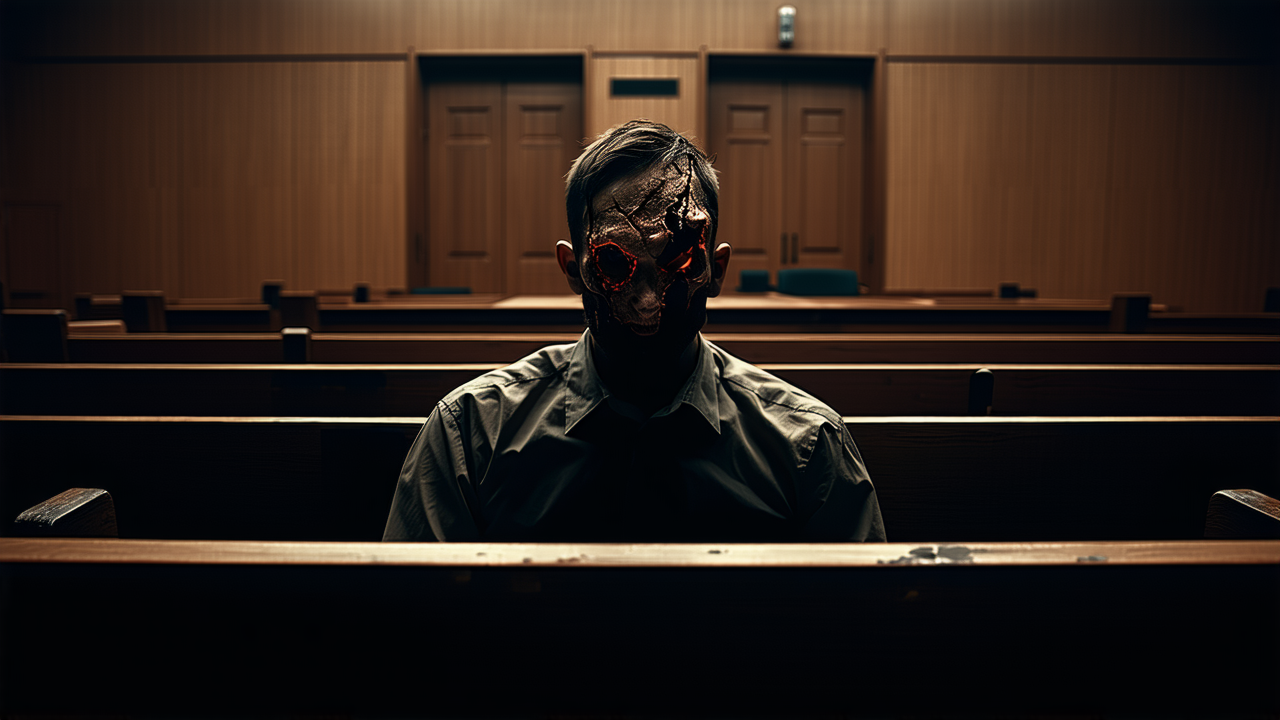Supreme Court Dismisses Appeal of Man Jailed for Life After Brutal Three-Week Torture of Woman
Supreme Court Dismisses Appeal of Man Jailed for Life After Brutal Three-Week Torture of Woman
In a landmark ruling, the Supreme Court has dismissed the appeal of Nicholas John Crilley, a Brisbane man sentenced to life imprisonment in 2020 for a 23-day campaign of torture against a woman in 2017. The court rejected Crilley’s arguments that his actions were mitigated by his eventual call to emergency services and his expression of remorse in a letter of apology.
Crilley, who was 22 at the time of the attack, was found guilty of over 50 charges, including torture, sexual violence, and deprivation of liberty. His victim was discovered in a Bulimba unit with severe burns covering 46% of her body, broken facial bones, and significant disfigurement. She was hospitalised for eight weeks and required extensive rehabilitation to regain the ability to walk, eat, and speak. She also suffers from permanent eye damage and post-traumatic stress disorder.
The court heard that Crilley’s alleged motive was a belief that the woman was involved in a targeted shooting against him. During the attack, he subjected her to extreme physical and sexual violence, including violent intercourse, boiling water poured on her body, and acetone applied to her legs. At one point, he made an anonymous call to emergency services, claiming the woman was 'too hard to look after' and that he did not think he could kill her.
Justice David Boddice, who presided over the appeal, stated that even though Crilley’s call to emergency services ultimately saved the woman’s life, a sentence less than life imprisonment 'would not have been just.' He also dismissed the claim that the initial sentencing failed to consider Crilley’s remorse, noting that the letter of apology only expressed regret for his own predicament, not for the harm caused to the victim.
Crilley was arrested after a violent police chase through Brisbane’s northern suburbs, during which he carjacked two people, broke into a home, and rammed two police cars. His actions during the chase further demonstrated a pattern of violence and disregard for the law.
The Supreme Court’s decision reinforces the principle that the most severe crimes warrant the most severe punishments, regardless of any mitigating factors. The ruling sends a clear message that acts of extreme brutality and sexual violence against individuals will not be tolerated in the justice system.
The case has sparked a broader conversation about the justice system’s ability to deliver proportionate sentences for crimes that leave victims with lifelong physical and psychological scars. Advocates for victims’ rights have praised the ruling, calling it a landmark moment in the fight to ensure justice for those who have suffered unimaginable harm.
As the victim continues to rebuild her life, the case serves as a stark reminder of the importance of holding perpetrators of such heinous crimes accountable, no matter how long it takes for justice to be served.
